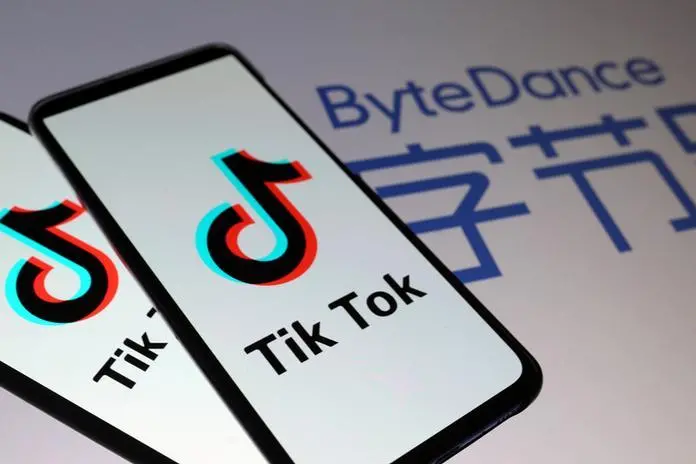PHOTO
HONG KONG - China's technology champions have little choice but double down on Southeast Asia. As Washington and New Delhi close their doors to Chinese apps, fast-growing markets like Indonesia and Vietnam have gained importance for mainland firms seeking to grow overseas. Early movers like Alibaba found limited traction in the region, but the latest entrants look more nimble.
The $140 billion ByteDance is the latest to be caught up in geopolitical crossfire. Its crown jewel, TikTok, has been blocked in its largest market, India, on national security concerns alongside dozens of Chinese apps, and Japanese legislators are mulling something similar. Founder Zhang Yiming is now wrangling over a deal with Microsoft to sell parts the viral video app after U.S. President Donald Trump threatened a similar ban. The European Union is getting suspicious too.
That’s a huge blow to the global ambitions of Zhang and fellow entrepreneurs. Even so, Southeast Asia remains a bright spot. The region boasts 360 million web users who are among the most active on social media globally. A joint report by Google, Temasek and Bain & Company last year predicted Southeast Asia's internet economy will more than triple over the next five years to $300 billion. That could be conservative: Covid-19 has accelerated growth in e-commerce, mobile payments, cloud computing and more.
Chinese web outfits have a mixed track record. E-commerce colossus Alibaba muscled into the region in 2016 when it took a controlling stake in online retailer Lazada. But culture clashes and employee turnover damaged the venture. It has gone through three chief executives in three years while losing market share, according to a Reuters report. In contrast, nemesis Tencent has taken a more passive role by quietly backing the region's emerging giants, in particular Sea, Singapore's $64 billion video-games to e-commerce giant.
Different strategies, like teaming up with local partners, are being tested. Ping An Good Doctor, for example, is offering its online health services through a joint venture with Singapore super-app, Grab. Even ByteDance and Alibaba are ramping up their presences in the city state. The pragmatic middle ground could be a profitable place.
CONTEXT NEWS
- U.S. President Donald Trump said on July 31 that he planned to ban short-form video app TikTok, owned by ByteDance, a Chinese company. “Chinese software companies doing business in the United States, whether it’s TikTok or WeChat – there are countless more – as Peter Navarro said, are feeding data directly to the Chinese Communist Party, their national security apparatus,” U.S. Secretary of State Michael Pompeo said in an Aug. 2 television interview.
- India on June 29 announced it would ban 59, mostly Chinese, apps in “a targeted move to ensure the safety and sovereignty of Indian cyberspace.”
(The author is a Reuters Breakingviews columnist. The opinions expressed are her own.)
(Editing by Pete Sweeney and Sharon Lam) ((robyn.mak@thomsonreuters.com; Reuters Messaging: robyn.mak.thomsonreuters.com@reuters.net))





















